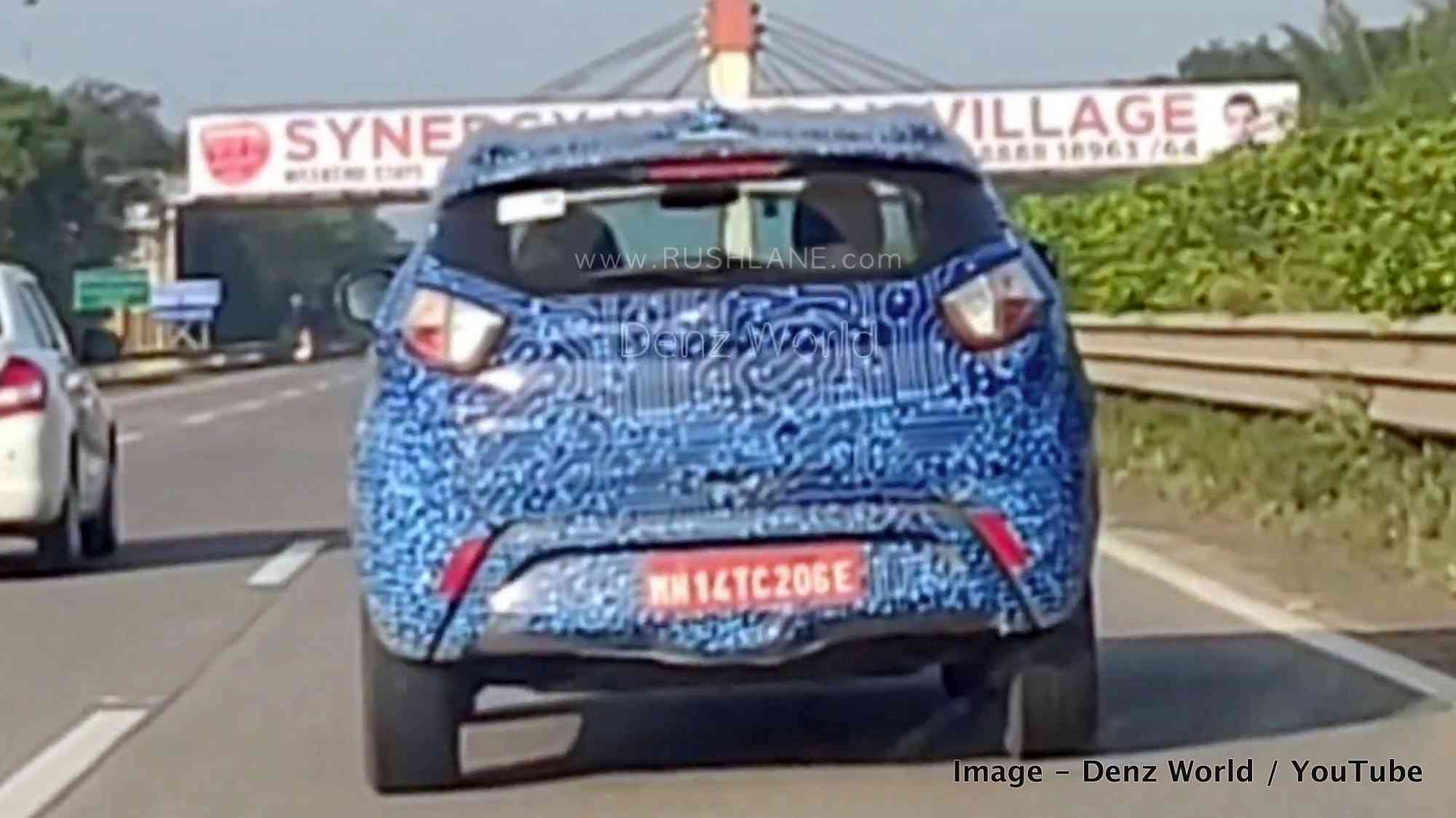
Tata Motors has planned two major media drives in the month of Dec 2019. In the first half of the month, the Indian car maker has scheduled media drives of the much awaited Altroz hatchback. In the second half of the month, test drives of the Nexon electric have been scheduled.
A few weeks ago, Tata Motors had announced that they will launch the Nexon electric in the Q4 of the current financial year. With media drives scheduled for Dec 2019, both Altroz and Nexon EV are expected to be launched by Jan-Feb 2020.
Tata Motors has signed Milind Soman and Ankita Konwar for an experiential drive across the country to share their experience with the near-production ready, Nexon EV. Apart from that, the electric hatchback has also been spied on test in other parts of the country. Recently Youtube channel Denz World spotted the Nexon electric doing triple digit speeds on the Mumbai-Pune highway. Watch the video below.
The Nexon EV features Ziptron technology and will be available for sale in the personal electric vehicle segment. Until now, Tata Motors has been majorly supplying EV’s to commercial segment as well as different wings of the government as part of an agreement to spur the use of EV’s.
Tata reveals that the Nexon EV will deliver drive range of about 300 km. This is more than enough to address the range anxiety issue of their target audience. The electric compact SUV features a high voltage system, and comes with fast charging capability.
Battery and motor warranty is of 8 years, and adherence to IP67 (dust and water proof) standard. Tata Nexon EV will be available in an expected price range of Rs 15 to 17 Lakhs, ex-sh. At this price point, it will not have any rivals in the segment.
With India prepping for future mobility wherein the acceptance of electric vehicles will be more widespread, the situation is quite different today. The market is focused on transitioning existing product line-ups to meet BSVI norms as well as launching electric cars.
Most manufacturers as on date do not offer a pure EV in global markets. In India, the approach at present is to take an existing vehicle and offer it as an EV, whereby electrification dictates how the vehicle is transformed to meet EV requirements.

